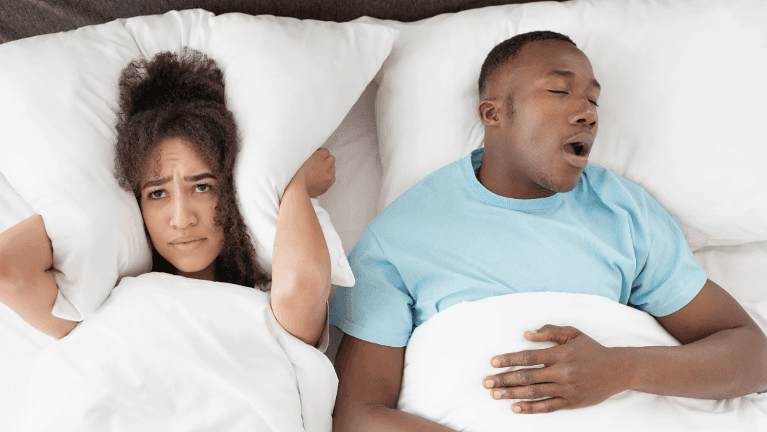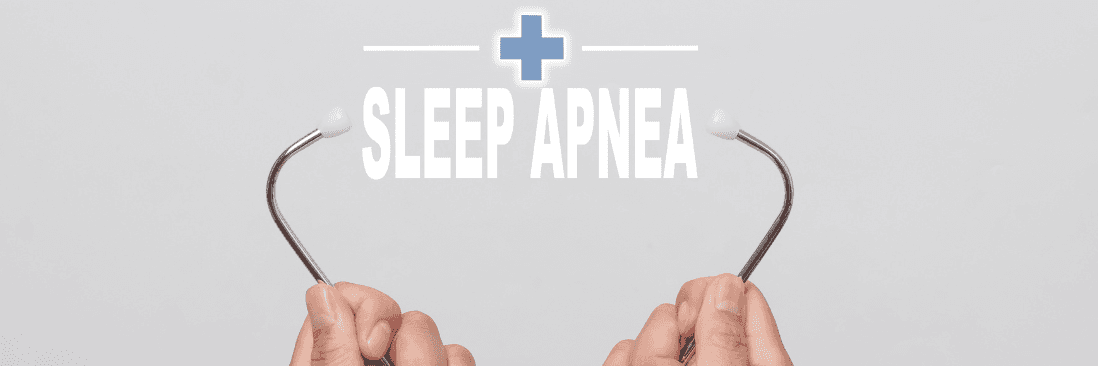
Sleep apnea, particularly obstructive sleep apnea, can often be linked to structural issues within the jaw. A misaligned jaw affects the airway, causing disruptions in breathing during sleep. The question many ask is whether a dentist can provide treatment for such cases. The short answer is yes—dentists trained in dental sleep medicine can play a significant part in managing sleep apnea caused by jaw alignment issues.
What Is the Connection Between a Misaligned Jaw and Sleep Apnea?
A misaligned jaw affects how the airway functions. When the lower jaw (mandible) sits too far back, it can narrow the airway, leading to breathing interruptions during sleep. This jaw positioning can block airflow, causing the pauses in breathing characteristic of obstructive sleep apnea. Even mild misalignment can exacerbate snoring or lead to more serious breathing issues. Dentists can assess these structural concerns and recommend appropriate treatments to address the problem directly.
The anatomy of the jaw and its relationship to the airway plays a significant part in how air flows while sleeping. A dentist who specialises in sleep apnea treatments uses diagnostic tools, such as imaging or jaw alignment assessments, to identify whether the misalignment is a contributing factor. By correcting the jaw’s position, patients can experience reduced snoring and improved sleep quality.
How Do Dentists Diagnose Jaw-Related Sleep Apnea?
Diagnosis often starts with a detailed consultation and examination. Dentists will evaluate the alignment of the teeth and jaw to identify any structural issues. Digital imaging, X-rays, or 3D scans may be used to get a clear view of how the jaw impacts the airway. For some patients, dentists may also collaborate with sleep specialists to conduct sleep studies, confirming the severity of sleep apnea.
In cases where a misaligned jaw is identified as the cause, dentists work on a customised treatment plan. This approach often considers not just the jaw’s position but other contributing factors such as tongue placement or bite alignment. Early and accurate diagnosis is essential to determine the most effective path forward for treatment.
Can Oral Appliances Correct Sleep Apnea Linked to Jaw Misalignment?
Oral appliances, specifically mandibular advancement devices (MADs), are a common dental solution for sleep apnea caused by jaw misalignment. These devices are custom-fitted by dentists to reposition the lower jaw slightly forward during sleep. By doing so, they help keep the airway open and reduce the likelihood of obstructions.
Unlike CPAP machines, which some patients find uncomfortable, oral appliances are small, portable, and easy to wear. Patients with mild to moderate sleep apnea often find significant relief using these devices. Dentists trained in creating MADs ensure they are tailored to each patient’s unique jaw structure for maximum effectiveness and comfort.
Is Jaw Realignment Surgery an Option for Severe Cases?
For more severe cases of jaw misalignment, dentists may explore surgical options in collaboration with oral surgeons. Orthognathic surgery, or jaw realignment surgery, can adjust the position of the upper or lower jaw to improve airflow and resolve structural issues permanently. This option is typically considered when non-invasive treatments like oral appliances are not enough.
While surgery might sound intimidating, advancements in surgical techniques have made the procedure safer and more effective. Recovery involves a period of adjustment, but for patients with severe structural misalignment, it can be life-changing. Dentists and surgeons work together to plan and execute the procedure with precision.
How Does a Dentist Work with Sleep Specialists?
Dentists often collaborate with sleep specialists to provide comprehensive care for sleep apnea patients. A sleep study may be recommended to determine how significant the breathing interruptions are. Once the results are available, the dentist can tailor a treatment plan that addresses both the root cause (misaligned jaw) and the symptoms.
This partnership ensures that patients receive well-rounded care. While the dentist focuses on oral appliances or jaw alignment solutions, the sleep specialist monitors improvements in sleep quality. Regular follow-ups with both providers ensure that the treatment remains effective and any adjustments are made as needed.
Can Correcting Bite Alignment Improve Sleep Apnea?
Bite alignment plays an important part in jaw-related sleep apnea. An uneven bite can worsen jaw misalignment, increasing the risk of airway blockages during sleep. Dentists may recommend orthodontic treatments like braces or clear aligners to correct the bite and improve jaw alignment.
By addressing bite issues, dentists not only reduce sleep apnea symptoms but also prevent long-term dental problems like tooth wear or jaw pain. Correcting the bite is a straightforward way to support better airway function and improve overall comfort during sleep.
What Lifestyle Changes Complement Dental Treatments for Sleep Apnea?
While dental treatments are effective, certain lifestyle changes can enhance their benefits. Losing weight, reducing alcohol consumption, and quitting smoking are all proven ways to improve airway function. Patients are often advised to avoid sleeping on their backs, as this position can worsen airway blockages.
Dentists provide guidance on how these changes can work alongside oral appliances or other treatments. Combining lifestyle modifications with professional dental care often leads to the best outcomes for patients dealing with jaw-related sleep apnea.
How Long Does It Take to See Results from Dental Treatments?
Results from dental treatments for sleep apnea vary depending on the severity of the condition and the type of treatment used. Many patients using oral appliances notice improvements in sleep quality and reduced snoring within a few weeks. For surgical options, results are often seen after the recovery period.
Dentists provide ongoing care to monitor progress and make adjustments to treatments if necessary. Follow-up appointments are essential to ensure that the solution continues to address the underlying jaw misalignment effectively.
Book a Consultation Today
If you’re struggling with sleep apnea caused by a misaligned jaw, seeking dental care could be the solution you need. At Carolina Center for Restorative Dentistry, we specialise in customised treatments to improve your sleep quality and overall health. Contact us today at (843) 633-6811 or visit us at 887 Johnnie Dodds Blvd., Suite 120, Mt. Pleasant, SC 29464 to schedule your consultation. Don’t wait—take the first step towards better sleep and a healthier you.
